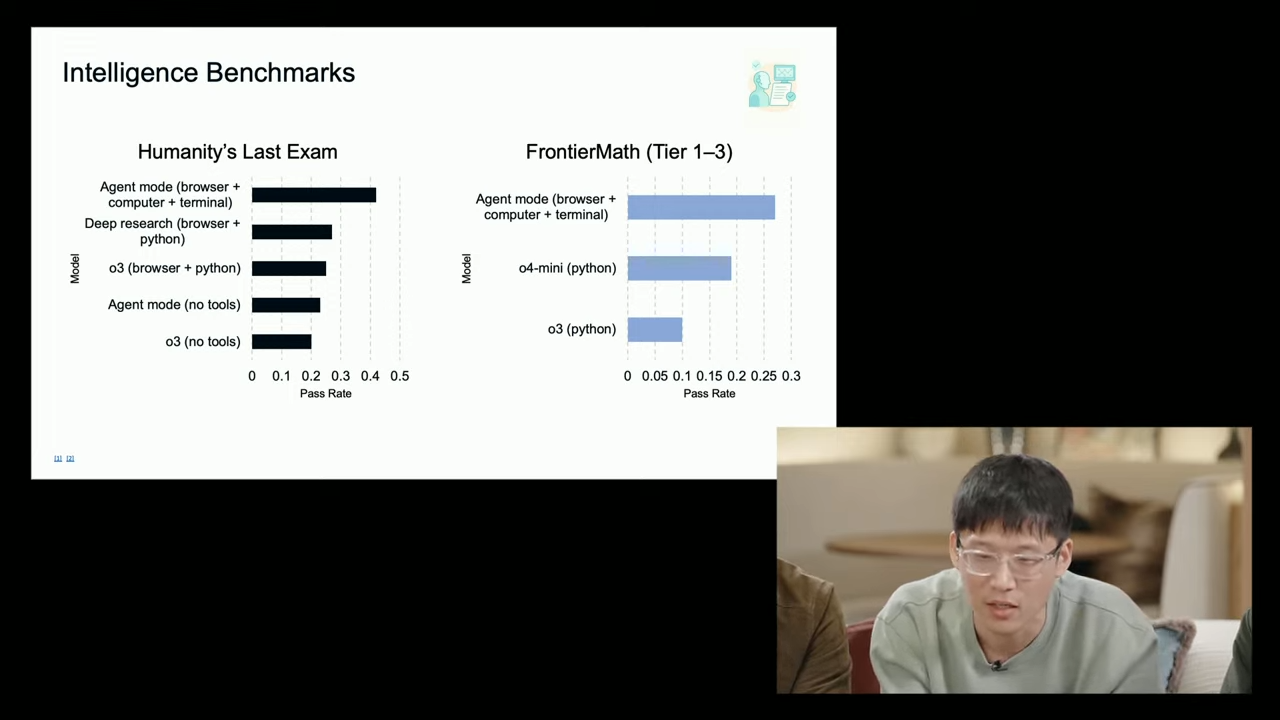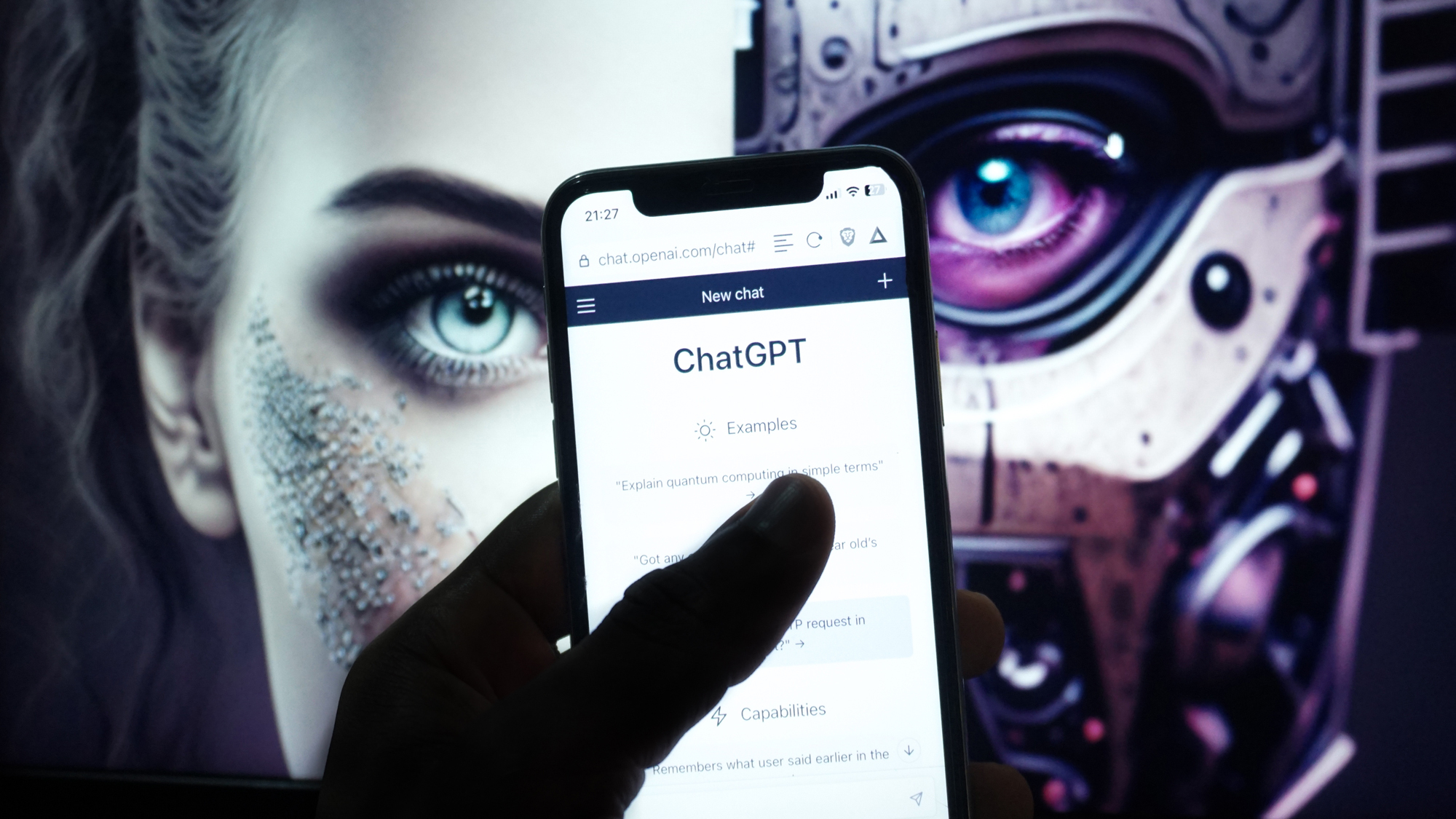
When GPT-5 first launched, it quickly became clear that the new version didn’t live up to the hype. Users were underwhelmed and even frustrated by what OpenAI called its most advanced model yet. After some backlash, OpenAI brought back legacy models for subscribers and made other tweaks, such as tone and, more recently, security and safety upgrades.
But months later, the online conversation has shifted to a new kind of dissatisfaction with the model. Across X and Reddit, ChatGPT users are voicing frustration, saying GPT-5 has become more filtered, less personal and harder to use creatively.
Users are saying responses feel sterile and without depth; prompts that once worked now trigger generic replies or trigger awkward refusals to even continue.
One widely shared post described GPT-5 as “a great model turned rigid,” blaming “ridiculous censorship, random routing, and template phrases.” That sentiment is becoming more common, and it may reflect deeper changes under the hood.
Why GPT-5 might feel less personal

It’s well-known that OpenAI makes ongoing updates behind the scenes; even the smallest upgrades can subtly alter how the model behaves. With the most recent safety modifications, the tightened guardrails might add a layer of caution that make the model less expressive or more hesitant.
There’s also a shift in how GPT-5 is being used. As OpenAI expands access to businesses and developers, the model has to serve a much wider range of tasks, from coding and customer service to legal research and spreadsheet analysis.
That growing demand for consistency and compliance may be nudging GPT-5 away from the more playful or personal tone users appreciated in earlier versions. While that’s good news for enterprise reliability, it can make casual chats feel bland or robotic.
OpenAI hasn’t confirmed that this is a deliberate strategy, but it reflects a broader trend in generative AI: personalization often takes a back seat to predictability at scale.
The trade-off between creativity and control

OpenAI isn’t alone in this shift. Claude, Gemini, and Meta’s Llama models have all increased their alignment systems and content moderation layers over the past year.
As AI models scale toward millions of users (and face growing regulatory pressure) developers are prioritizing safety among other standards. That means more filters and stricter tone control. But for users seeking a spark of creativity or emotional range, the added protections can feel limiting.
4 ways to manually bring back some creativity

If GPT-5 feels less dynamic than before, these tips might help:
- Switch conversation modes: Use “Creative” instead of “Balanced” or “Precise”
- Guide tone with your prompt: Start with “Be expressive” or “Write casually”
- Start fresh chats: Routing bias can build up over long sessions
- Try other models: Alternatives include Gemini, Claude, or DeepSeek (my personal favorite for creativity).
The bottom line
The conversation around GPT-5 highlights an important truth: AI tools are constantly evolving and not always in ways users expect.
While GPT-5 still ranks among the most competitive models available, its tone and flexibility have yet to be perfected. That’s likely due to a combination of behind-the-scenes updates, safety systems and scaling priorities.
The challenge for OpenAI, and the AI industry as a whole, is finding a way to keep AI tools safe and scalable without stripping away the personality, context and creativity that make them worth using.
Follow Tom's Guide on Google News and add us as a preferred source to get our up-to-date news, analysis, and reviews in your feeds. Make sure to click the Follow button!







